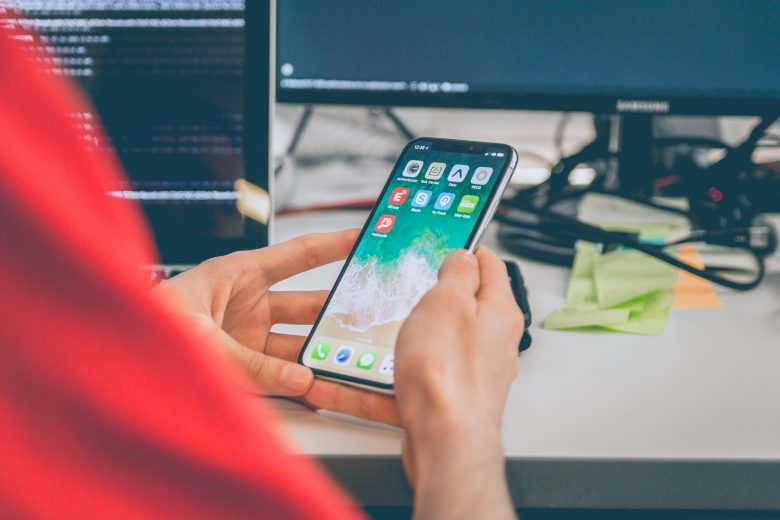Smartphone features and usage have changed significantly over the past few years. The increasing amount of personal and private data on those devices makes them a popular target for theft.
There have been several studies on smartphone user’s awareness and concerns regarding security. Some studies have revealed that due to a low level of security awareness regarding authentication methods, some users have a deficient security level of their devices. As well, those studies showed that individuals were generally unaware of the risks they subjected themselves to by leaving their WiFi and Bluetooth turned on at all times.
Also, several studies have taken an interest in smartphone users’ security concerns. Those studies showed that smartphone users were apprehensive about doing sensitive tasks on their phones. Users would fear the loss of theft of data or lack knowledge about the security of their network communications.

In this article, the authors examined smartphone users’ awareness and education concerning cybersecurity. They surveyed smartphone users to answer the following research questions:
- Do smartphone users choose appropriate lock screen settings on their phone?
The results showed that only a minority of the participants did not use any form of lock screen settings. Several participants (especially users under 40 years old) relied mostly on biometric lock and automatic lock after inactivity.
- Do smartphone users follow good security practices to protect the data on their smartphone?
Smartphone users used inadequate security settings and often do not follow good security practices. Most of the participants did not use software to protect their phones.
- Do smartphone users have differences in security choices for their desktops compared to their smartphones?
The results showed that individuals are more likely to use security applications on desktops compared to smartphones while having more personal data on their smartphones.
- Are smartphone users more cautious about hard security (physical access to the phone) than soft security (protecting data and privacy)?
The majority of participants were less cautious when it comes to soft security practices. This result can be explained by the fact that users are less familiar with those issues and that soft security practices might be harder to accomplish or less convenient.
The authors issued several recommendations to improve security practices, including adding a WiFi option to connect only once, the use of emojis as an alternative to PINs and security default settings.



